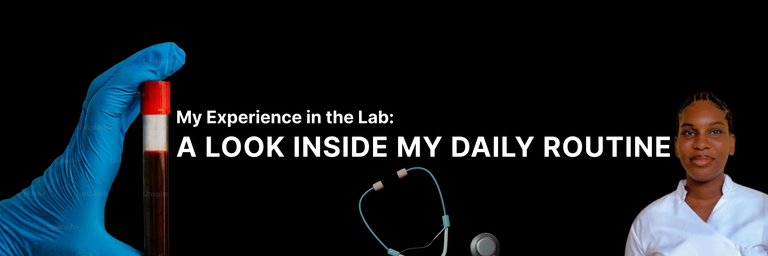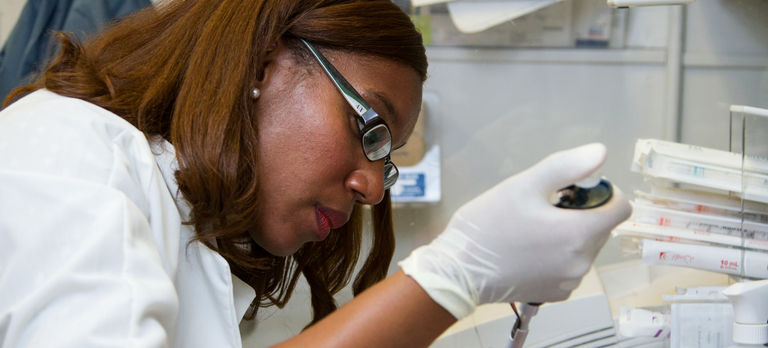My Experience in the Lab: A Look Inside My Daily Routine

Spending time in the lab has honestly been a big learning curve for me. Most persons feel as a lab scientists its just about drawing blood or testing samples, well it goes beyond that. My job revolves around understanding people, staying alert, and making sure each result counts.
I make sure that every patient who walks in to my lab automatically sets a reminder of how important my work to be done do is.
My Routine as a Lab Scientist
When someone comes in, my first job is usually to collect blood. I try to make them feel at ease because, let’s face it, most people don’t enjoy being pricked with a needle. After cleaning the area properly, I draw the blood, label everything carefully, and send it off for different types of tests depending on what the doctor requested.

Tests I conduct
One of the most common types of tests we lab scientists run are screening for HIV, Hepatitis B and C, and Syphilis. Most at times we only need few drops of blood sample but we prefer to collect probably a cup full just to make sure we run the tests over and over again and then result comes out few minutes or a couple of hours (depending on the nature of test). These are important, especially for people who are getting ready for surgery, planning a pregnancy, or donating blood.
I always explain that it’s a screening, not a final answer. If it comes back positive or negative, we refer the results unveil to be done by the doctors (since the have the expertise in managing whatever the outcome of the patients response would look like) although some patients might be eager to know their results but we stick to the rules.
I also do blood group testing (ABO) and genotype tests. Blood typing is essential before transfusions or major procedures. Genotype is especially requested by couples planning to get married, usually to avoid the risk of sickle cell complications. It might seem like simple information, but it can really impact someone's future.
Another part of the job is urine testing, which helps check for infections, sugar levels, or other health markers. Sometimes, depending on the kind of HIV test kit, urine can even be used for that as well. These tests might not seem like a big deal, but they can reveal a lot.
My Experience
Over time, I’ve come across a few positive results. I’ve seen people break down from fear, and I always wish I could do more to comfort them, but my main job is to make sure the testing is done properly and discreetly.
Something I’ve learned over time is that working in a lab goes beyond just following procedures. You start to realize how much trust patients put in you, even if they don’t say it directly. You’re handling private information, their health data, and sometimes even life changing results. So I take it seriously, every single time.
My Feeling (as a regular person and not a Health practitioner)
To be honest, there are moments when the job feels heavy, especially when you know a result might change someone’s life. I hope we all stay safe out there and also learn to always run a checkup regularly. ☺️
cc @stephshine
Posted Using INLEO
Congratulations @stephshine! You have completed the following achievement on the Hive blockchain And have been rewarded with New badge(s)
Your next target is to reach 400 upvotes.
Your next target is to reach 50 replies.
You can view your badges on your board and compare yourself to others in the Ranking
If you no longer want to receive notifications, reply to this comment with the word
STOP